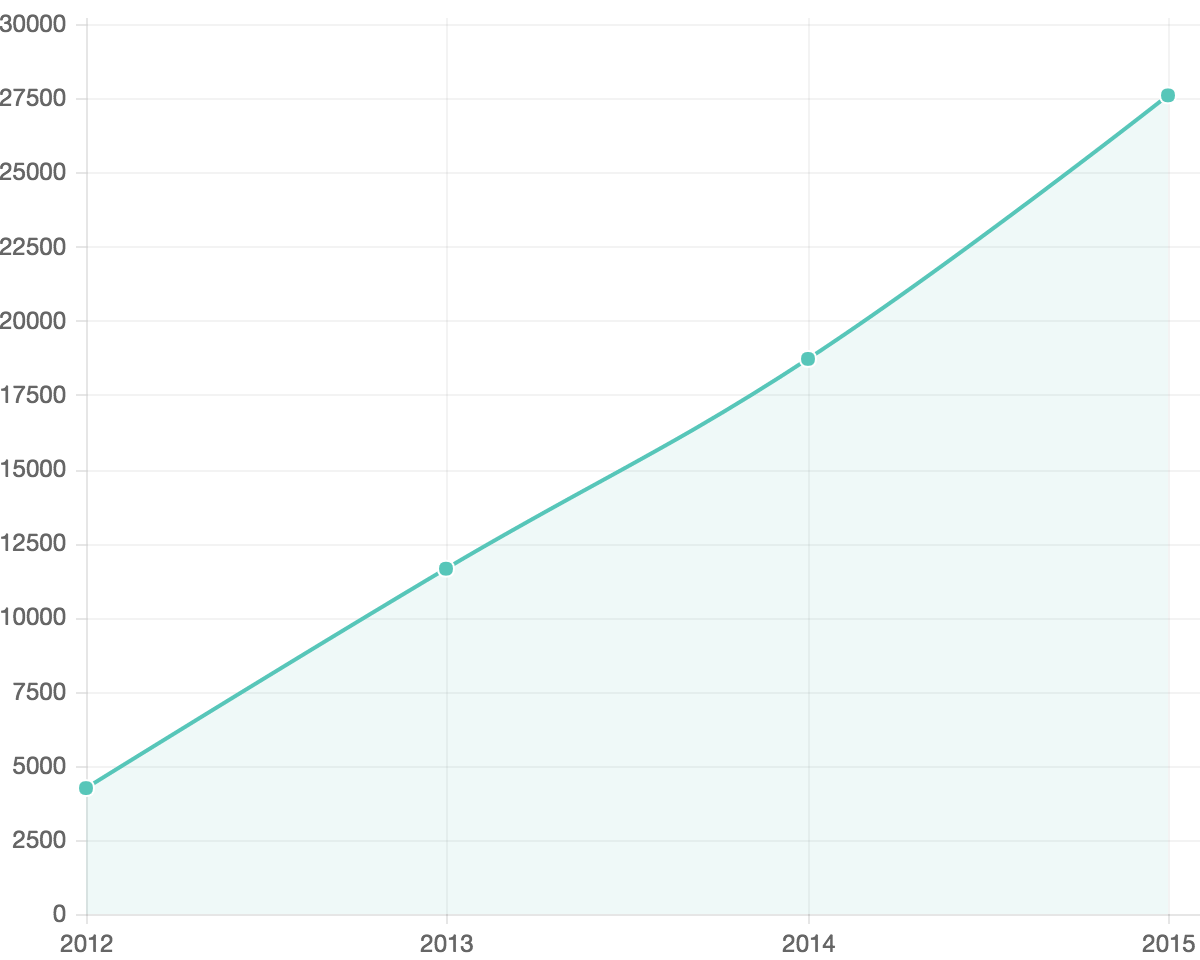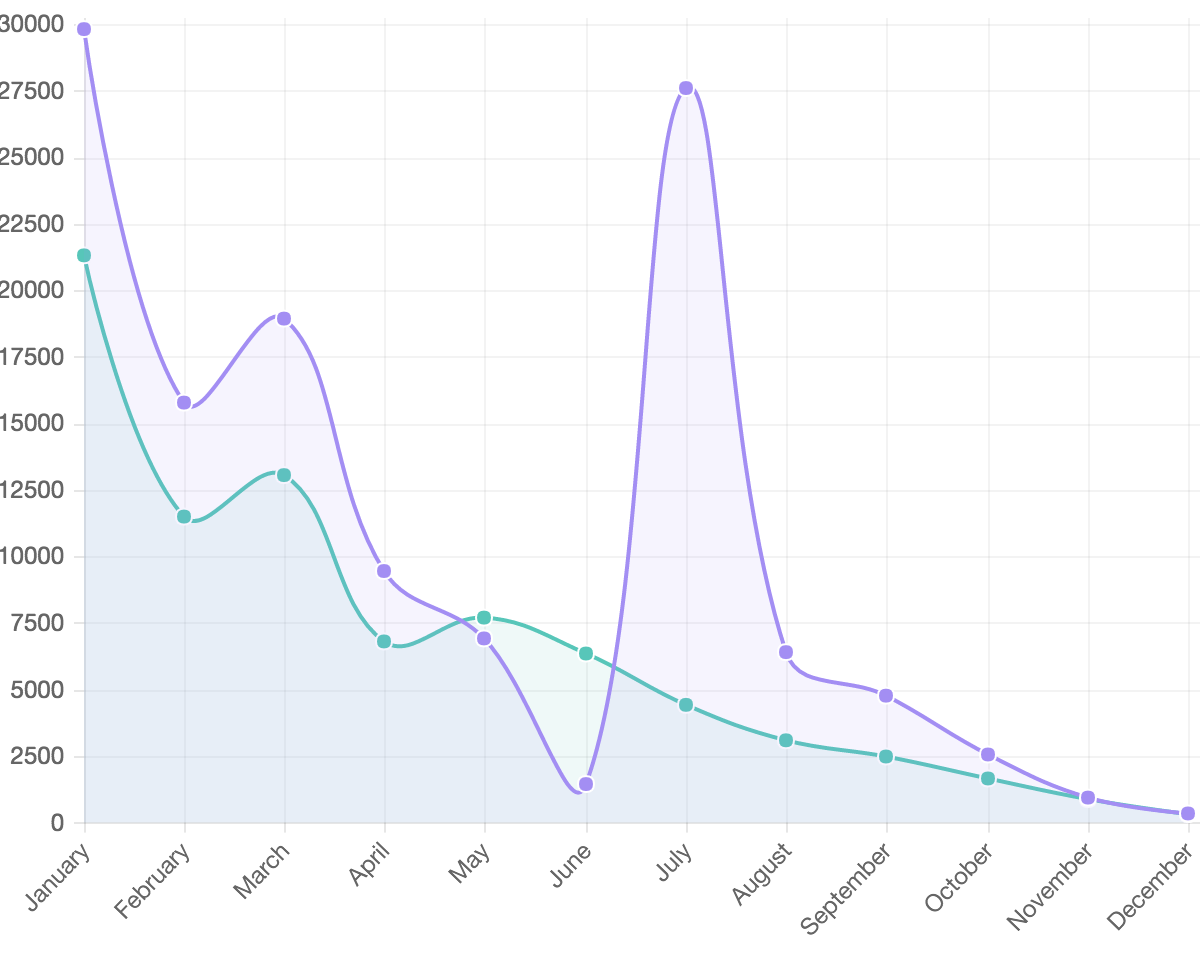Is July the new January?
Given recent trends and following Britain's example, could July eventually surpass January as the most popular month to buy a new car?
The new dual registration plate system was introduced in Ireland in 2013 in response to the extreme seasonal nature of car sales which was hugely disadvantageous both for the Motor Industry and government. Working capital, stocking costs, jobs and government taxes were front-loaded into the first quarter of the year with a predictable decline in car sales to December.
While some confusion reigned around the reasons for the introduction of the new registration plate at the beginning, with some believing superstition was the sole driver, Irish motorists have had 3 years to get used to the plate and now appear to be embracing the new '2nd plate.'
July has been rapidly approaching January as the busiest month for car sales. Car sales in July 2013 represented 67% of January's, a figure that jumped to 82% in 2014 and 93% in 2015.
While some confusion reigned around the reasons for the introduction of the new registration plate at the beginning, with some believing superstition was the sole driver, Irish motorists have had 3 years to get used to the plate and now appear to be embracing the new '2nd plate.'
July has been rapidly approaching January as the busiest month for car sales. Car sales in July 2013 represented 67% of January's, a figure that jumped to 82% in 2014 and 93% in 2015.
With a new second registration period, it may have been expected that some consumers, who traditionally buy in January, would choose to now buy in the summer. However, January car sales, as a percentage of yearly sales, have not dramatically changed since the new '132' registration plate was introduced. Of total car sales, January represented 27% of all sales in 2012, 23% in 2013, 24% in 2014 and 24% last year. Could this mean that July has brought a new customer to showrooms - incentivised by more disposable income, compared to January 'debt month' and other factors?
No doubt, mid-year new model launches along with strong distributor and dealer marketing has enticed people into showrooms in the summer.
Based on these patterns however, Ireland's car sales in July look set to equal those of January within the next couple of years.
Of course, extrapolation is always hazardous with data such as this, so we'll look to Britain as an example.
The UK phased out its one-year number plate system in 2001, replacing once-a-year periods beginning in August with two periods beginning in March and September. As of 2014, thirteen years after the new system was put into place, March saw 50,064 vehicles sold, as opposed to September's 49,123. Thus, March, as the beginning of the 'newer' registration period ended up as the new most popular car-buying month, but not by much.
IN SUMMARY:
Judging by current trends and how a similar action turned out in Britain, it's reasonable to assume that Ireland's July car sales may end up close to those in January within the next few years.
No doubt, mid-year new model launches along with strong distributor and dealer marketing has enticed people into showrooms in the summer.
Based on these patterns however, Ireland's car sales in July look set to equal those of January within the next couple of years.
Of course, extrapolation is always hazardous with data such as this, so we'll look to Britain as an example.
The UK phased out its one-year number plate system in 2001, replacing once-a-year periods beginning in August with two periods beginning in March and September. As of 2014, thirteen years after the new system was put into place, March saw 50,064 vehicles sold, as opposed to September's 49,123. Thus, March, as the beginning of the 'newer' registration period ended up as the new most popular car-buying month, but not by much.
IN SUMMARY:
Judging by current trends and how a similar action turned out in Britain, it's reasonable to assume that Ireland's July car sales may end up close to those in January within the next few years.
Share this article
Sign up to blog alerts



